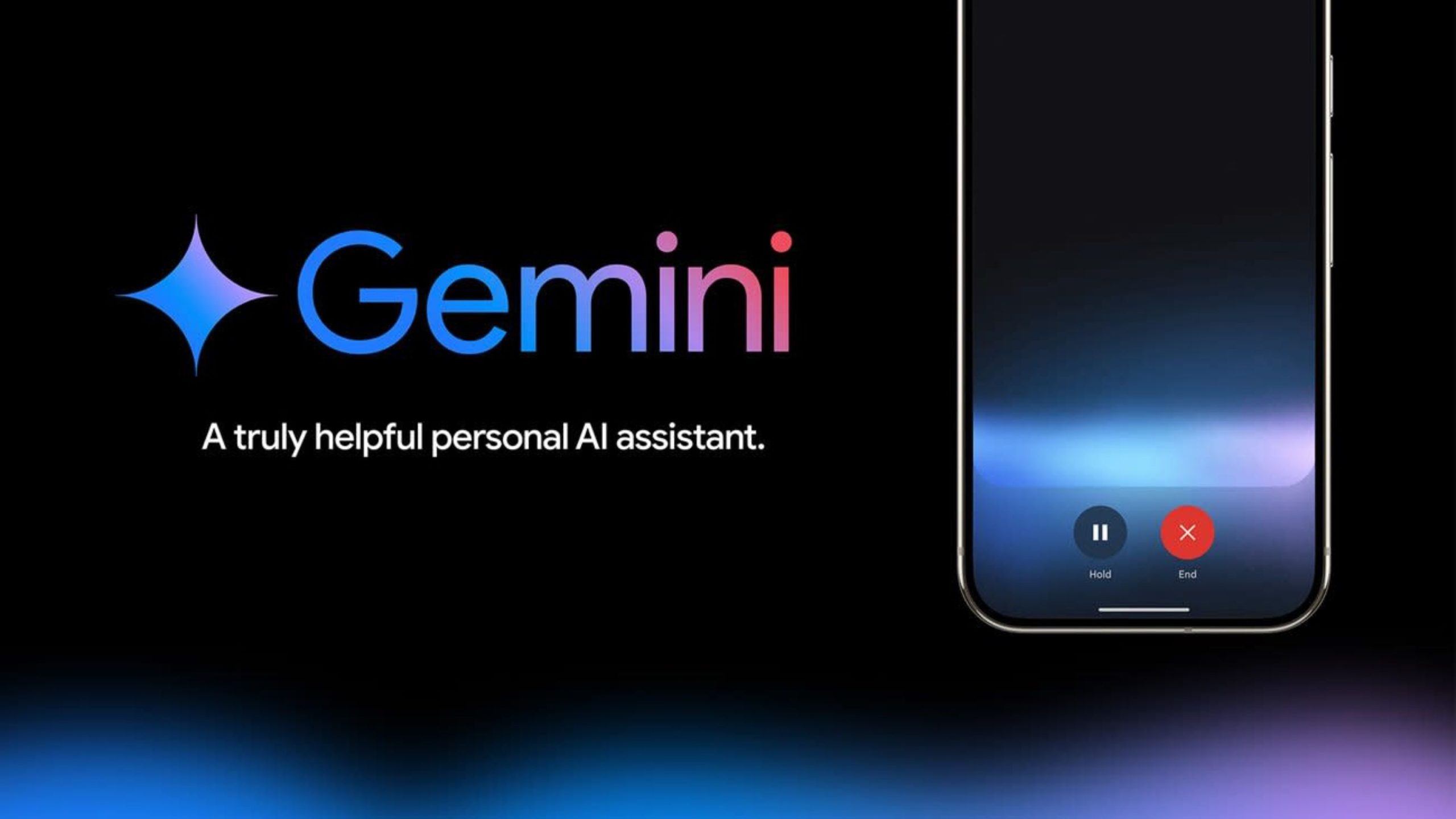When Google flipped a digital switch in October 2025, few users noticed anything unusual.
Gmail loaded as usual, Chat messages zipped across screens, and Meet calls continued without interruption.
Yet, according to a new class action lawsuit, something significant had changed beneath the surface.
We obtained a copy of the lawsuit for you here.
Plaintiffs claim that Google silently activated its artificial intelligence system, Gemini, across its communication platforms, turning private conversations into raw material for machine analysis.
The lawsuit, filed by Thomas Thele and Melo Porter, describes a scenario that reads like a breach of trust.
It accuses Google of enabling Gemini to “access and exploit the entire recorded history of its users’ private communications, including literally every email and attachment sent and received.”
The filing argues that the company’s conduct “violates its users’ reasonable expectations of privacy.”
Until early October, Gemini’s data processing was supposedly available only to those who opted in.
Then, the plaintiffs claim, Google “turned it on for everyone by default,” allowing the system to mine the contents of emails, attachments, and conversations across Gmail, Chat, and Meet.
The complaint points to a particular line in Google’s settings, “When you turn this setting on, you agree,” as misleading, since the feature “had already been switched on.”
This, according to the filing, represents a deliberate misdirection designed to create the illusion of consent where none existed.
There is a certain irony woven through the outrage. For all the noise about privacy, most users long ago accepted the quiet trade that powers Google’s empire.
They search, share, and store their digital lives inside Google’s ecosystem, knowing the company thrives on data.
The lawsuit may sound shocking, but for many, it simply exposes what has been implicit all along: if you live in Google’s world, privacy has already been priced into the convenience.
Thele warns that Gemini’s access could expose “financial information and records, employment information and records, religious affiliations and activities, political affiliations and activities, medical care and records, the identities of his family, friends, and other contacts, social habits and activities, eating habits, shopping habits, exercise habits, [and] the extent to which he is involved in the activities of his children.”
In other words, the system’s reach, if the allegations prove true, could extend into nearly every aspect of a user’s personal life.
The plaintiffs argue that Gemini’s analytical capabilities allow Google to “cross-reference and conduct unlimited analysis toward unmerited, improper, and monetizable insights” about users’ private relationships and behaviors.
The complaint brands the company’s actions as “deceptive and unethical,” claiming Google “surreptitiously turned on this AI tracking ‘feature’ without informing or obtaining the consent of Plaintiffs and Class Members.” Such conduct, it says, is “highly offensive” and “defies social norms.”
The case invokes a formidable set of statutes, including the California Invasion of Privacy Act, the California Computer Data Access and Fraud Act, the Stored Communications Act, and California’s constitutional right to privacy.
Google is yet to comment on the filing.










